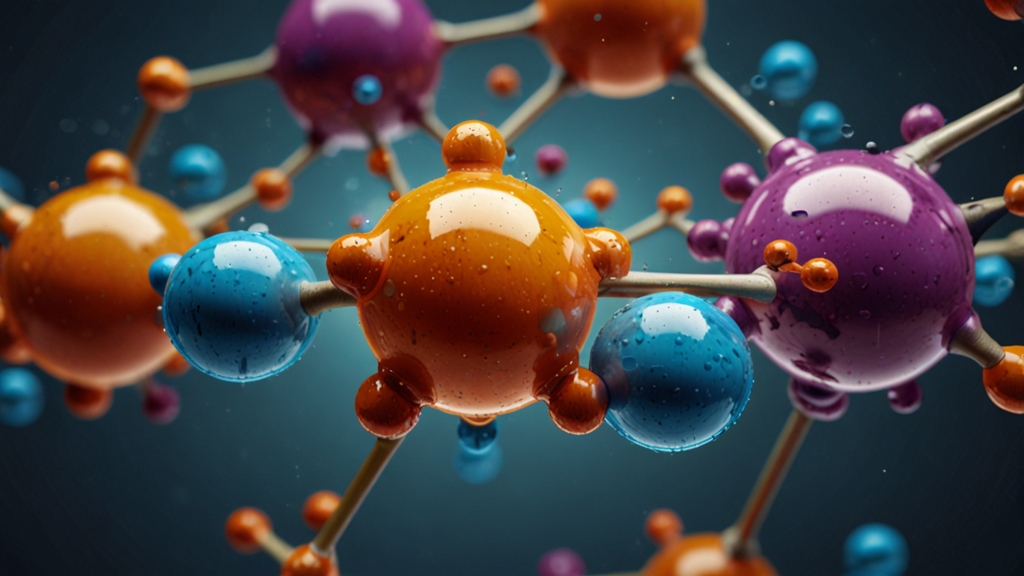Are We Ready for Biohacking? The Ethics and Implications
Biohacking, a term that encompasses a wide range of practices from DIY biology to more profound forms of body augmentation, is rapidly evolving. As technology advances and our understanding of biology deepens, the line between health enhancement and human augmentation becomes increasingly blurred. But are we, as a society, truly ready to embrace biohacking? In this article, we delve into the ethics and implications surrounding this burgeoning field.
What is Biohacking?
Biohacking refers to the practice of using science and technology to augment the human body's capabilities. This can range from simple lifestyle changes, such as adopting specific diets and exercise regimes to enhance cognitive function, to more invasive methods like gene editing and implanting electronic devices in the body. While the prospect of unlocking human potential is exhilarating, it also raises significant ethical questions.
The Promise of Enhancement
The allure of biohacking lies in its potential to transform human life. For instance, gene editing technologies like CRISPR could eradicate genetic disorders, offering relief to millions. Cognitive enhancers and nootropics promise to elevate mental acuity, potentially revolutionizing education and professional fields. Wearable tech and smart implants can monitor health in real-time, possibly extending lifespan and improving the quality of life.
“Biohacking could mark the next step in human evolution. However, it is essential that we tread carefully, balancing innovation with ethical responsibility.”—Dr. Jane Smith, Bioethics Expert
The Ethical Landscape
At the heart of biohacking lies an ethical quagmire. One of the primary concerns is accessibility. Who gets to benefit from these advancements? If biohacking becomes predominantly available to the wealthy, we could witness a new form of societal division—those who can afford to enhance themselves and those who cannot.
Additionally, there is the question of consent. While adults can make informed decisions about altering their bodies, the notion of genetic modifications in embryos brings us into murky ethical waters. Should parents have the right to decide the genetic makeup of their children, potentially impacting their autonomy and identities?
Safety Concerns
Unlike established medical procedures, many biohacking practices lack rigorous standardization and regulation. This leads to significant safety concerns. The long-term effects of many biohacking interventions are unknown, raising the risk of unforeseen complications. Moreover, DIY biohackers, often operating outside regulated environments, may inadvertently cause harm to themselves or others.
“Innovation should never come at the expense of safety. We must ensure that biohacking adheres to stringent safety protocols to protect individuals and society.”—Dr. Alan White, Medical Ethicist
Legal and Social Impacts
The rise of biohacking also presents unique legal challenges. Current legislation is ill-equipped to address the rapidly evolving landscape of human enhancement. There is a pressing need for policymakers to establish clear regulatory frameworks to govern these practices, ensuring they are conducted ethically and safely. Furthermore, biohacking's transformative potential could have profound social ramifications, potentially altering the fabric of society as we know it.
Navigating the Future
As we stand on the precipice of a biohacked future, the course we chart will be crucial. Public engagement and discourse are imperative to developing an ethical framework that guides biohacking practices responsibly. Education is key—both practitioners and the public must be well-informed about the benefits and risks associated with biohacking.
“The conversation around biohacking needs to be inclusive, encompassing diverse perspectives to ensure that the benefits are equitably distributed and the risks minimized.”—Sarah Johnson, Technology Ethicist
Conclusion
Biohacking holds the promise of an exciting, perhaps even revolutionary, future. However, as with all powerful technologies, it requires careful consideration of its ethical, safety, and societal implications. Are we ready for biohacking? The answer lies in our collective ability to navigate its complexities with wisdom and ethical responsibility. Only by doing so can we hope to harness its potential in ways that are just and beneficial for all of humanity.











